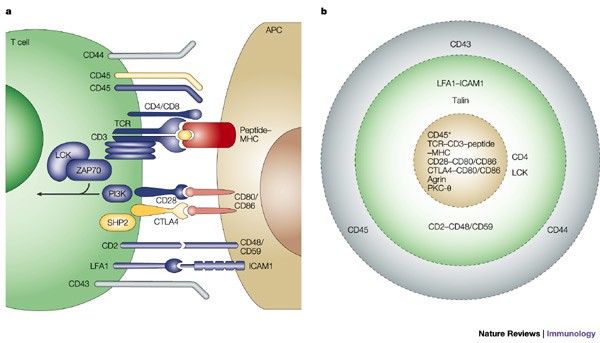Blog Post
Unveiling CD2: An Insight into Cellular Adhesion and Immune Responses
Cluster of Differentiation 2 (CD2) is a glycoprotein expressed on the surface of T cells and natural killer (NK) cells, playing a pivotal role in cellular adhesion and immune responses. In this blog post, we delve into the significance of CD2, its functions, and its impact on the immune system.
Understanding CD2
CD2 is a cell surface receptor protein encoded by the CD2 gene. It belongs to the immunoglobulin superfamily and is involved in cell-cell adhesion processes, particularly in T cell interactions. CD2 interacts with its ligands, CD58 (also known as LFA-3) and CD48, on antigen-presenting cells and other immune cells, facilitating cell adhesion and forming immunological synapses crucial for immune signaling.
Functions of CD2
- Cell Adhesion: CD2 plays a crucial role in adhesion between T cells and antigen-presenting cells (APCs) or target cells. This adhesion is essential for effective immune responses, including T cell activation and cytotoxicity.
- T Cell Activation: Engagement of CD2 with its ligands promotes T cell activation, leading to cytokine production, proliferation, and differentiation into effector T cells.
- NK Cell Activation: CD2 is also expressed on NK cells, where it contributes to NK cell activation and target cell recognition, aiding in the innate immune response against infected or abnormal cells.
- Immunological Synapse Formation: CD2-mediated interactions contribute to the formation of immunological synapses, specialized cell-cell junctions that enhance the efficiency of immune cell communication and signaling.
Clinical Relevance
The functions of CD2 have implications in various aspects of immunology and clinical research:
- Transplantation: CD2 plays a role in graft rejection and tolerance in organ transplantation. Understanding CD2 interactions can inform strategies to modulate immune responses in transplant recipients.
- Autoimmune Diseases: Dysregulation of CD2 signaling has been implicated in autoimmune diseases such as rheumatoid arthritis and multiple sclerosis. Targeting CD2 pathways is a potential therapeutic approach for these conditions.
- Cancer Immunotherapy: CD2-targeted therapies are being explored in cancer immunotherapy to enhance T cell activation and immune surveillance against tumors.
- Infectious Diseases: CD2 interactions are involved in immune responses against pathogens. Studying CD2-mediated immune reactions can aid in vaccine development and combating infectious diseases.
Future Directions
Continued research into CD2 biology and its roles in immune regulation and disease pathogenesis holds promise for:
- Targeted Therapies: Developing novel therapies that modulate CD2 signaling for autoimmune disorders, transplantation, and cancer.
- Immunomodulation: Harnessing CD2 interactions to enhance immune responses or induce immune tolerance in specific clinical contexts.
- Precision Medicine: Utilizing insights into CD2 function for personalized immunotherapies and treatment strategies tailored to individual immune profiles.
Conclusion
CD2 stands as a key player in cellular adhesion, immune activation, and immunological synapse formation. Its multifaceted functions contribute to immune responses, immunomodulation, and disease pathogenesis, making it a focal point in immunological research and therapeutic development.


